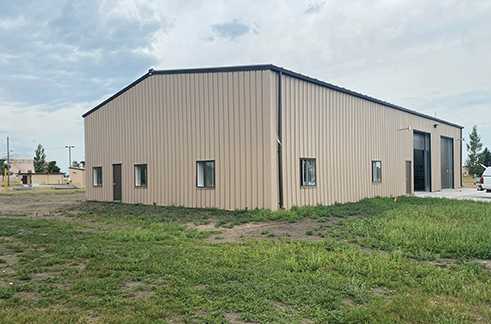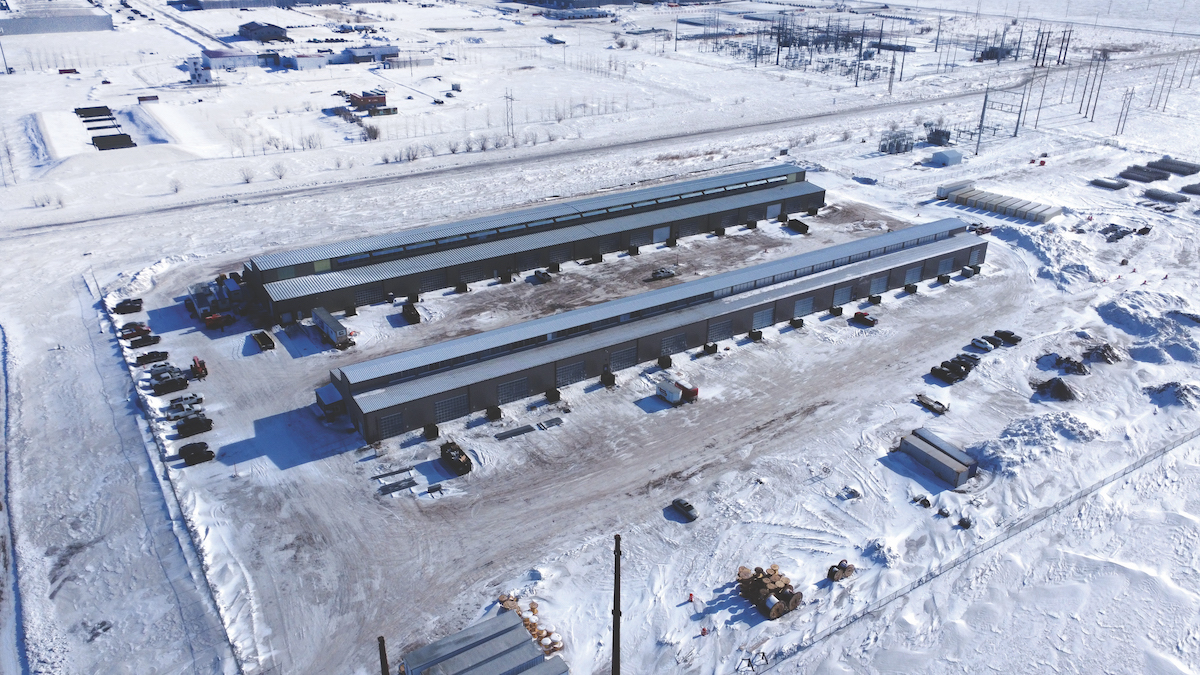Keep the lights on during the energy transition
Keep the lights on during the energy transition
By Jim Matheson and Mac McLennan
Dozens of states in the most powerful nation in the world may struggle to keep the lights on this summer.
It doesn’t have to be this way. But absent a shift in policy and coordination between federal and state governments, this is the energy reality our nation will face for years to come.
Reliable electricity has been a staple in America for more than half a century. But that’s no longer a certainty. Organizations across the nation have sounded the alarm: reliable electricity may be in jeopardy this summer. That’s inexcusable.
Minnkota Power Cooperative utilizes a diverse mix of coal, wind and hydro resources to meet the 24/7 needs of electricity consumers in eastern North Dakota and northwestern Minnesota. While this power portfolio is strong, Minnkota does not operate on the electric grid alone. Utilities across the Upper Midwest and down to Louisiana are interconnected through the larger Midcontinent Independent System Operator (MISO) grid. Challenges in other areas of this system can and do have impacts on Minnkota and its members.
MISO expects to face a high risk of reliability challenges during both “normal and extreme conditions.” If demand for electricity exceeds the available supply, MISO could implement controlled power outages to avoid catastrophic damage to the power grid.
Some are quick to blame these newfound reliability threats on changing or more extreme weather patterns. That’s part of the story, but there’s a deeper problem that must be acknowledged.
Spurred by policy and market factors, the ongoing energy transition has prioritized premature baseload coal and nuclear plant closures without considering the collective impact on the power grid and the availability of feasible technology to fully replace them. That’s proving to be a dangerous misstep.
In MISO alone, 3,200 megawatts of electric generating capacity have shut down in the past year. That’s enough to keep the lights on in 2.8 million homes. And electricity demand is forecast to rise by nearly 2% this summer.
To put it simply, new power-generating projects in some of the largest electricity markets haven’t caught up with plant closures—jeopardizing reliability in the process.
Policymakers should recalibrate their focus on a common-sense energy transition that doesn’t risk reliability or punish low-income families and our economy. Those choices don’t need to be at odds.
Driven by a focus on keeping the lights on, America’s electric cooperatives have demonstrated what a responsible energy transition can look like. Electric co-ops substantially lowered their carbon emissions by 23% between 2005 and 2020, the equivalent of taking nearly 9 million cars off the road. They’ve also invested in energy innovation technologies to help meet tomorrow’s electricity needs with speed and flexibility.
In Minnkota’s case, approximately 42% of its generation capacity is already derived from carbon-free resources. The cooperative is also working to advance Project Tundra – an effort to build one of the world’s largest carbon capture systems at a coal-based power plant in North Dakota. If the proposed project moves ahead, it would help retain a reliable and resilient power generator, while also significantly reducing Minnkota’s carbon emissions.
The energy transition must consider threats to reliability and focus on the importance of allowing adequate time, technology development and the construction of desperately needed transmission lines to move electricity within regional markets. It is overambitious to believe this can happen by the current federal target of 2035.
Today’s energy policy decisions will determine whether the threat of grid reliability challenges is our new energy reality. As state and federal policymakers re-evaluate their energy transition proposals in the wake of sobering summer reliability challenges, they should:
- Prioritize an adequate supply of always-available power resources to balance the increasing reliance on renewable energy.
- Promote the development of new transmission lines to carry electricity from where it’s generated to where it’s most needed.
- Facilitate coordinated, consistent, and timely agency permitting to speed the construction and maintenance of electric transmission and other critical grid infrastructure.
- Provide electric cooperatives access to the same level of energy innovation incentives that for-profit utilities have enjoyed for years.
When you find yourself in a hole, the first thing to do is stop digging. Failure is not an acceptable option for the consumers and communities we serve.
Jim Matheson is CEO of the National Rural Electric Cooperative Association, the national trade association that represents the nation’s more than 900 not-for-profit, consumer-owned electric cooperatives. He previously served seven terms as a U.S. representative from Utah.
Mac McLennan is CEO of Minnkota Power Cooperative, the wholesale electricity provider for 11 member cooperatives in eastern North Dakota and northwestern Minnesota.






